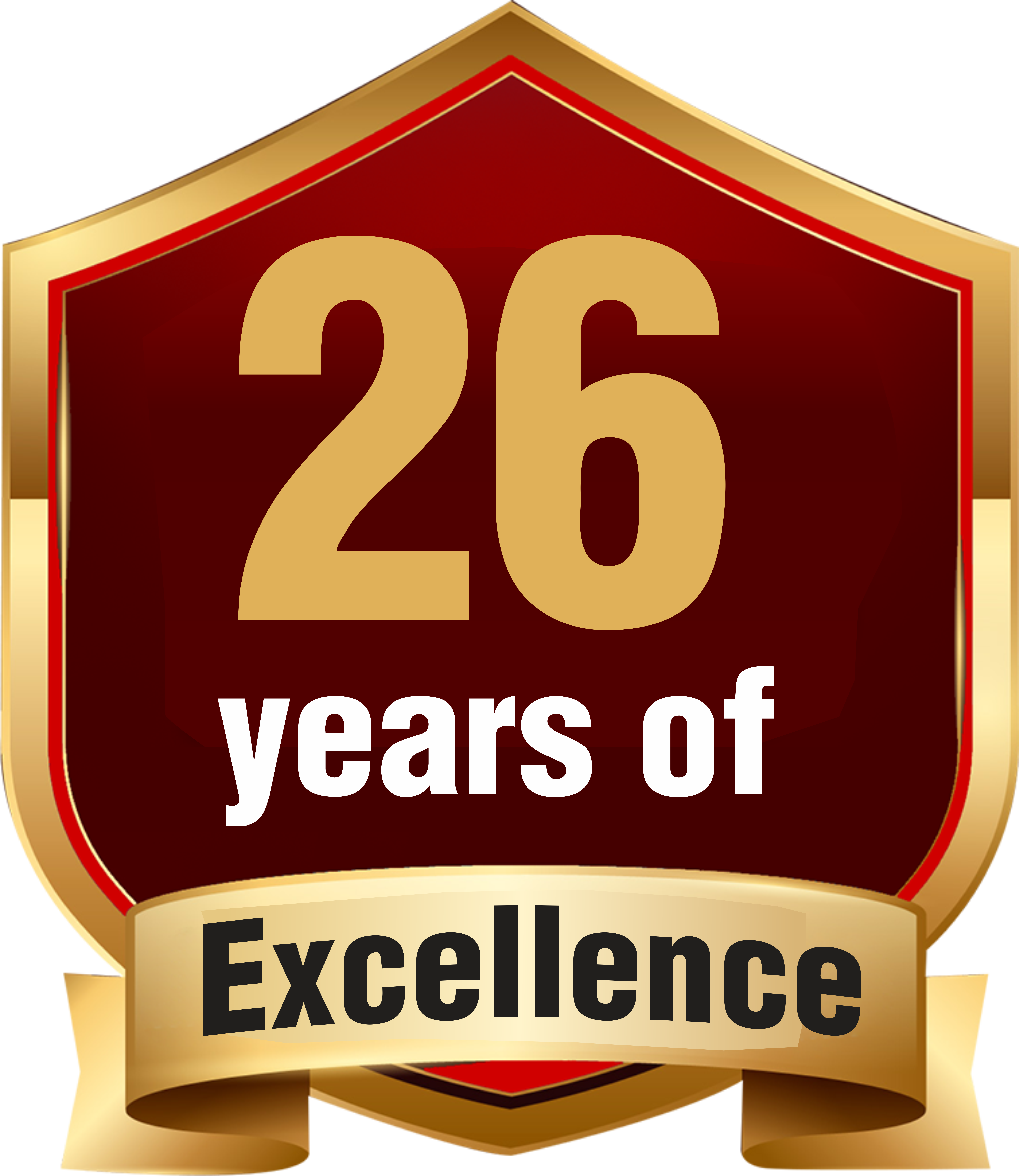
Approved By All India Council for Technical Education (AICTE) New Delhi
Affiliated To Dr. A.P.J. Abdul Kalam Technical University Lucknow


Approved By All India Council for Technical Education (AICTE) New Delhi
Affiliated To Dr. A.P.J. Abdul Kalam Technical University Lucknow

Since its inception in the year 1999, ECE department has taken a great leap in providing quality
technical education. At present, the department is running a 4 years Bachelor of Technology (B.Tech)
programme in Electronics and Communication which is approved by AICTE, New Delhi and affiliated to
Dr. APJ Abdul Kalam Technical University (AKTU), Lucknow.
Electronics and Communications Engineering is the branch of engineering which utilizes linear,
nonlinear and active electrical components (such as semiconductor devices, especially transistors,
diodes and integrated circuits etc.) to design electronic circuits, devices, VLSI devices and their
systems. The engineering field encompasses many subfields including those that deal with Digital
electronics, signal processing, Electromagnetic engineering, power electronics, instrumentation
engineering, telecommunications, semiconductor circuit design, and many others.
Electronics and Communications Engineering is the branch of engineering which utilizes linear,
nonlinear and active electrical components (such as semiconductor devices, especially transistors,
diodes and integrated circuits etc.) to design electronic circuits, devices, VLSI devices and their
systems. The engineering field encompasses many subfields including those that deal with Digital
electronics, signal processing, Electromagnetic engineering, power electronics, instrumentation
engineering, telecommunications, semiconductor circuit design, and many others.
With the advent of latest technological innovations, new opportunities came into existence for
electronics & communication engineers. The latest technologies include self-driving cars, autonomous
drone logistics, robotics, automation in industries, smart energy systems etc.
Top Recruiters:
HP,LG, HCL,IBM, CISCO, Sony,Nokia, Wipro, Toshiba, Samsung,Philips, SYNTEL, Micromax,
Delta-Electronics, etc.
The major thrust of the department includes biochemical engineering, tissue engineering, plant/animal biotechnology, nano-biotechnology, computational biology, environmental biotechnology, cancer biology, infectious diseases and proteomics. The department has initiated efforts to establish advanced research laboratories in all the thrust areas. Apart from fundamental research, the department aims to meet the targeted demands to cater the requirements of biotechnology based industries.
To prepare bioengineers with a potential to innovate, invent and propagate knowledge for the benefit of society and environment.
To provide a stimulating environment for students to learn the basic concepts of the biotechnology engineering, this will enable future possibilities for them. To provide quality teaching-learning opportunities along with curricular, co-curricular frameworks for the development of biotechnology professionals. To provide an ambience for overall development of the students to be more creative, innovative and globally competent ethical professionals in the world of biotechnologist. To promote research and develop technologies and products for the sustenance and wellbeing of the society
Studies semiconductors, diodes, transistors, and how they form the building blocks of electronic circuits.
Focuses on amplifiers, oscillators, and analog signal processing using components like BJTs and Op-Amps.
Deals with logic gates, flip-flops, counters, and the design of digital systems and circuits.
Provides the mathematical foundation to analyze and process continuous and discrete-time signals.
Studies mobile, satellite, and radio communication technologies.
Explores how electromagnetic waves are transmitted/received using antennas.
Conduct research and develop biological products, processes, and technologies in healthcare, agriculture, and environmental sectors.
Designs and tests electronic circuits, devices, and systems used in gadgets, appliances, and vehicles.
Works on wired and wireless communication systems like mobile networks, satellite systems, and broadband.
Develops software and hardware for embedded devices like smartwatches, cars, or industrial machines.
Writes code for applications, often using C, C++, Python, or Java — a common choice for ECE grads.